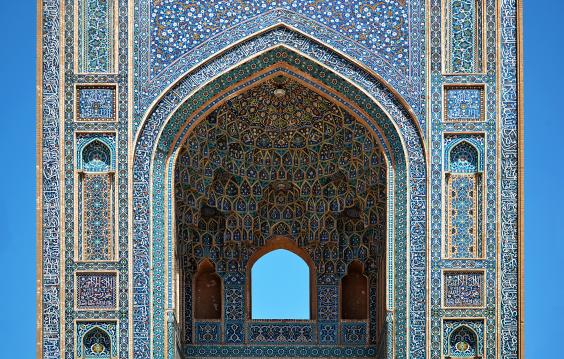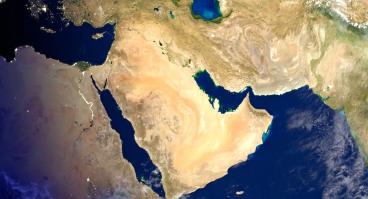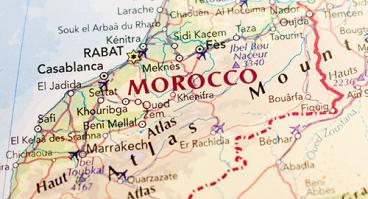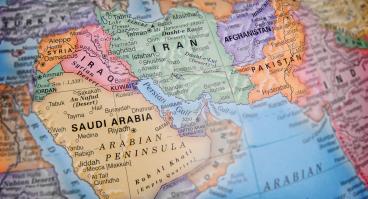Political Islam plays a key role in every country of the Middle East and spans ideologies from ultra-violent, high-profile groups such as the Islamic State of Iraq and Syria (ISIS) to lesser known, pluralist and democratic political parties like Ennahdha in Tunisia and the Justice and Development Party in Morocco. The evolution of political Islam and radical jihadism as major movements has had serious political, strategic and security implications in the Middle East and beyond.
The Islamic Movements Program studies the impact of religion on Muslim political preferences and behavior, and the evolution of Islamist parties, organizations and movements. The program analyzes the involvement of Islamist groups in domestic politics and their effects on long-term policy objectives such as economic development, democratization and pluralism. Such research provides the basis for in-depth analysis and recommendations on effective U.S. responses to Islamist groups.











